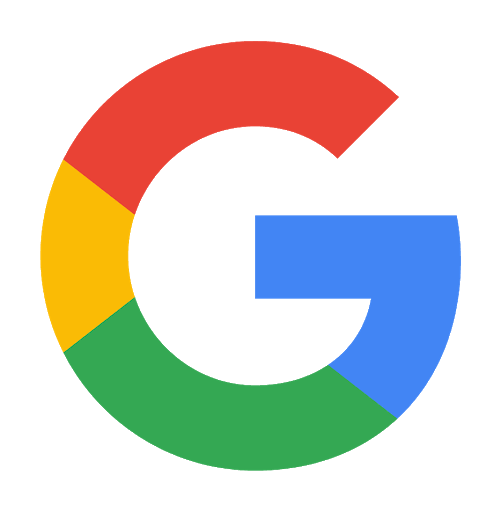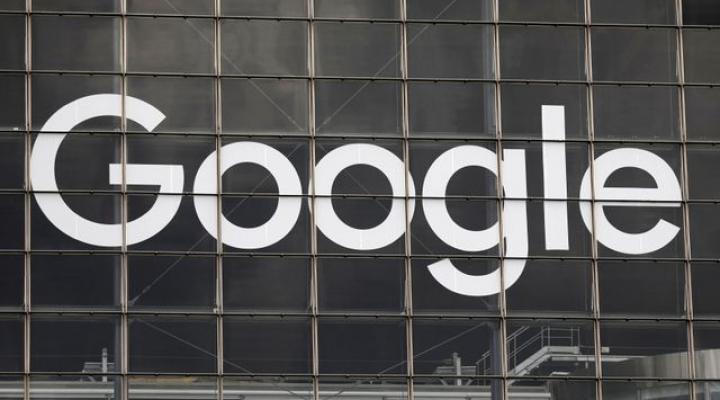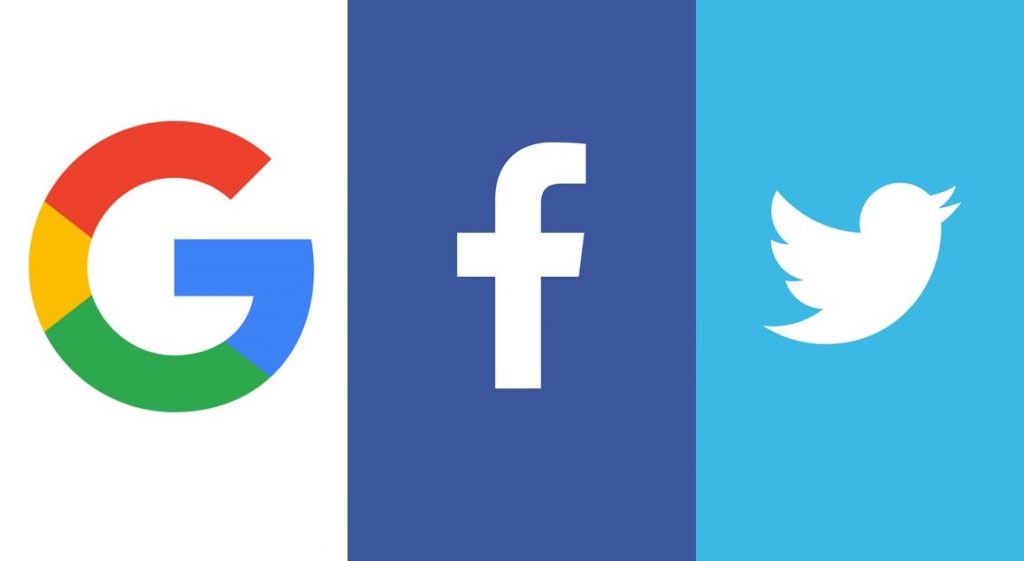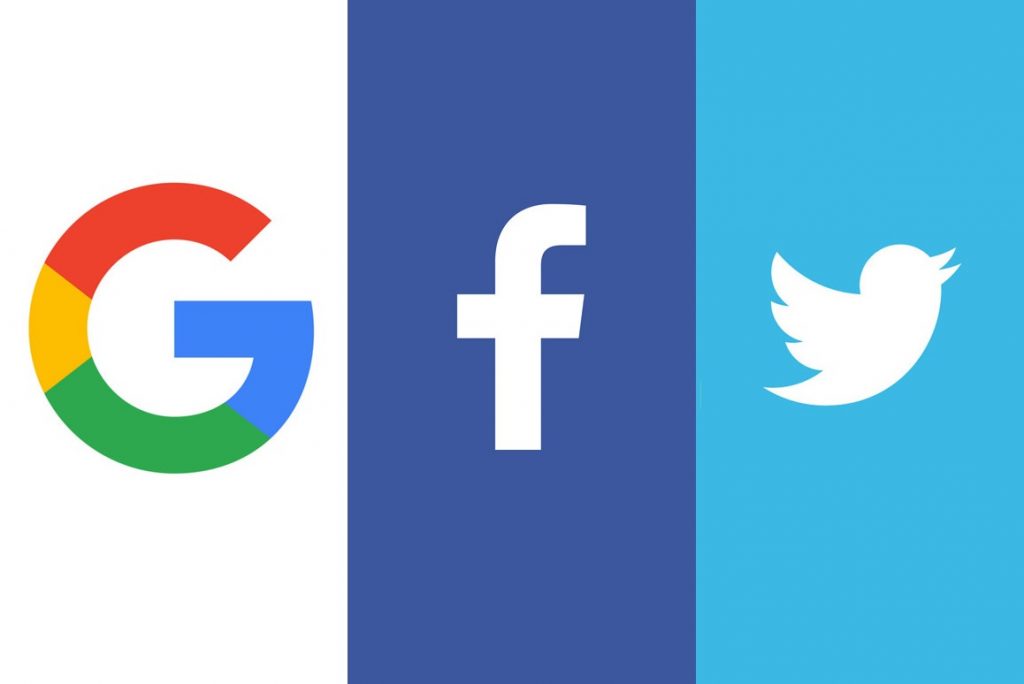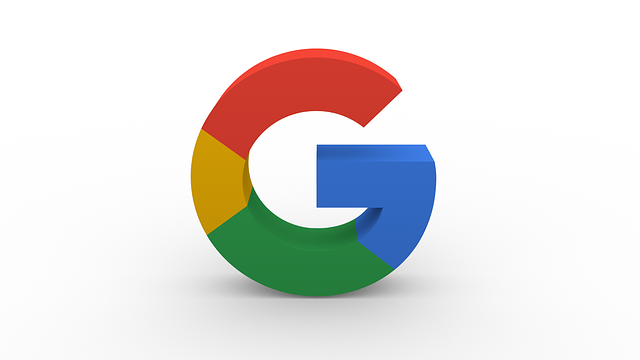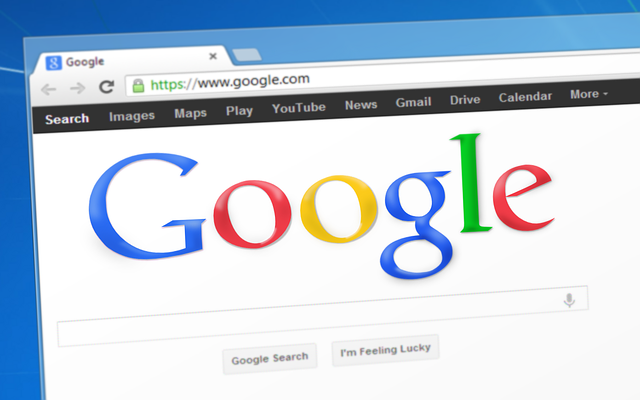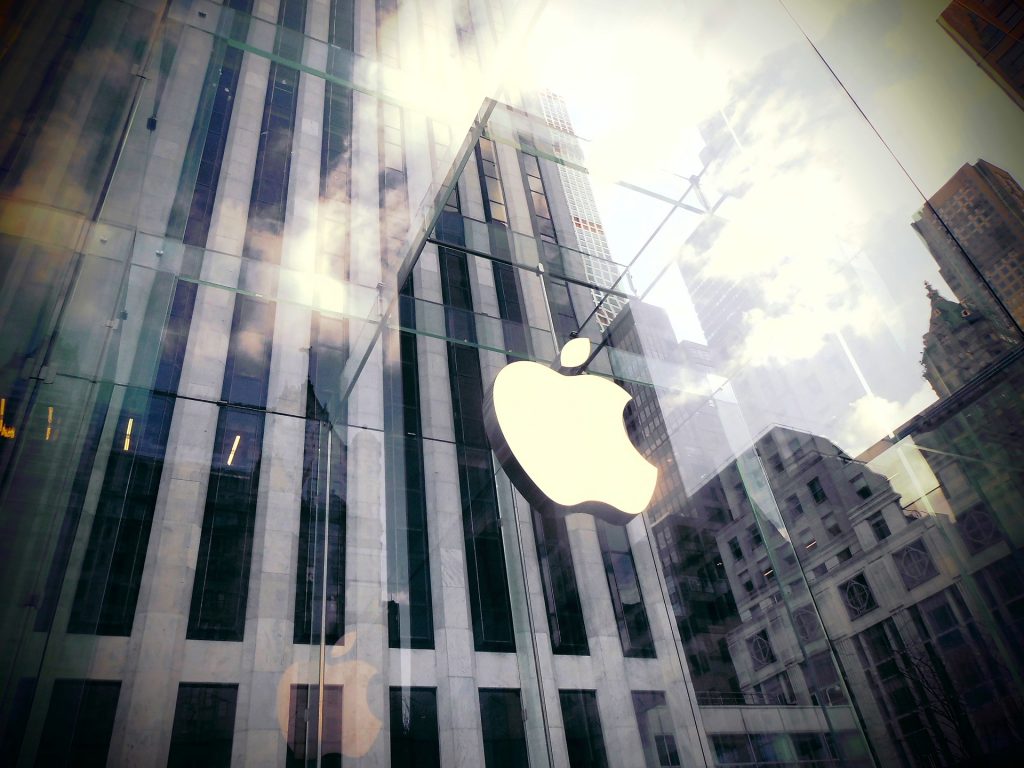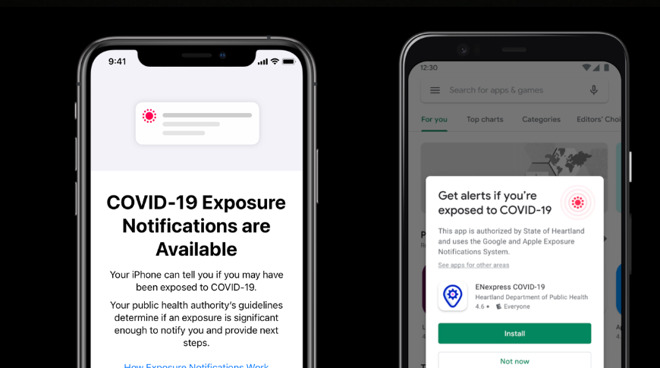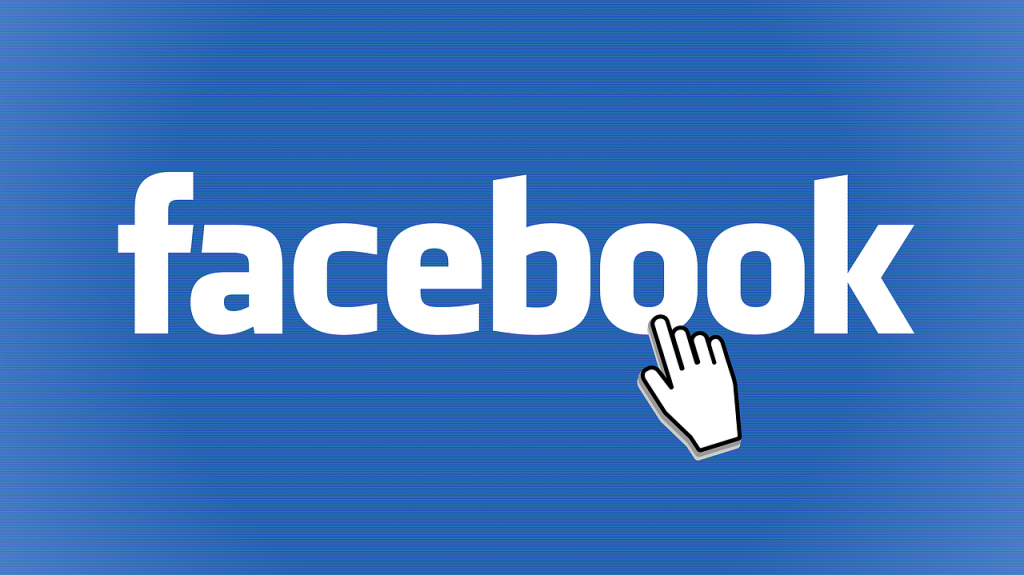Google takes down Paytm from Play Store
Earlier on 18th September 2020, Google took down Paytm, India’s most reliable and valuable digital payment app from Play Store. Google accused Paytm of violating the Play Store gambling policies and thus the app disappeared from the Play Store all of a sudden. Paytm has a monthly active user base of 50 million thus becoming Google Pay the biggest competitor in the country. Paytm accused Google of restricting the financial service app from adding new users. Let’s have a more detailed look into this.
Why Paytm has been taken down by Google?
Sports betting is banned in India. But, escaping the strong vigilance, many online sites arrange sports betting illegally. According to Google, Play Store doesn’t allow online casinos in its list and other gambling apps that promote and welcome users for sports betting in India. TechCrunch was informed by two unnamed people that Paytm has introduced a fantasy sports service (Paytm First Games) in its marquee app that violated many times the policies of the Play Store.
The Android-maker also maintains similar guidelines around gambling. There are many apps made by Indian companies that lead the users to an external website where one can participate in paid tournaments and betting related to sports in India. And, all such apps violet the policies of Google Play Store thus bringing doom on themselves. Suzanne Frey, VP, Product, Android Security, and Privacy, wrote in a blog post that the rules are made to protect users from potential harm that can be caused by these misleading apps. She also further mentioned that even after warning the developer if the app is not brought into compliance it might also result in permanently terminating the Google Play Developers account.
After Paytm was taken down by Google, Paytm tweeted addressing all its users that the app is temporarily unavailable and it will be back soon. The company also assured that all the money is safe and they don’t need to worry.
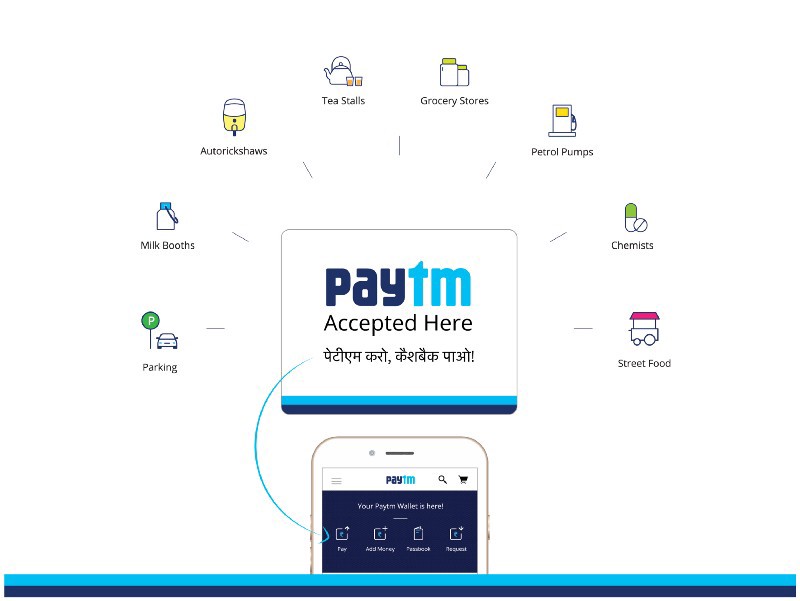
Sports betting in India
Google taking down Paytm accused of illegal sports betting might be a loud and clear message to all developers across the country. Since India is a country with a huge base of cricket lovers and IPL that started on 19th September, it might be a gentle warning. Google wanted to warn everyone that the betting policies of the Play Store should be taken seriously. The previous seasons of IPL have witnessed the interest of millions of Indians in such apps where they can participate in sports betting.
Apart from Paytm, Google has also asked Disney+ Hotstar to display a warning before showing ads of fantasy sports app.
Paytm accused Google
Vijay Shekhar Sharma, co-founder and CEO of Paytm in response to this accusation by Google said that Google is not allowing Paytm to acquire new users. Google took down the app of Paytm hours after it rolled out cricket-themed scratch cards for cashback. He said that though Google has previously raised concern about Paytm First Games, this time it was about “nothing but” provided cashback to the users. He further said if cashback is the issue, the same rule should apply for Google Pay and PhonePe as well. The company has pulled the new feature and revised the app’s current version.
In response to Google taking down Paytm, FIFS (Federation of Indian Fantasy Sports) said that it has launched a complaint to Google about allowing some big companies like Paytm to launch and promote cash contest. The FIFS said that the guidelines of Google regarding Fantasy Sports should be imposed on everyone equally.
Is it back on the Play Store again?
The app was taken down from Play Store on Friday morning. It was back again in the evening after the company submitted its regulated version of the app to Play Store. The app was banned as the company rolled out a new feature called “Paytm Cricket League”, a day before IPL. The CEO of the company said the feature was cricket-themed cashback for users but Google said it violated policies against “simulated gambling content”. Though Google says Paytm violated policies, some industry experts are looking at it as a potential conflict of interest as Paytm is Google Pay’s biggest rival in the country.

Annasha Dey is an NIT student, who apart from studying engineering is also a content writer. She has a great interest in photography, writing, reading novels, and travelling as well. She is a foodie who loves socializing and hanging out with her friends. She is also a trained Kathak dancer and a big fashion enthusiast. Dey also loves watching TV series, which includes F.R.I.E.N.D.S. and Big Bang Theory. To be a better writer she prefers to read more

